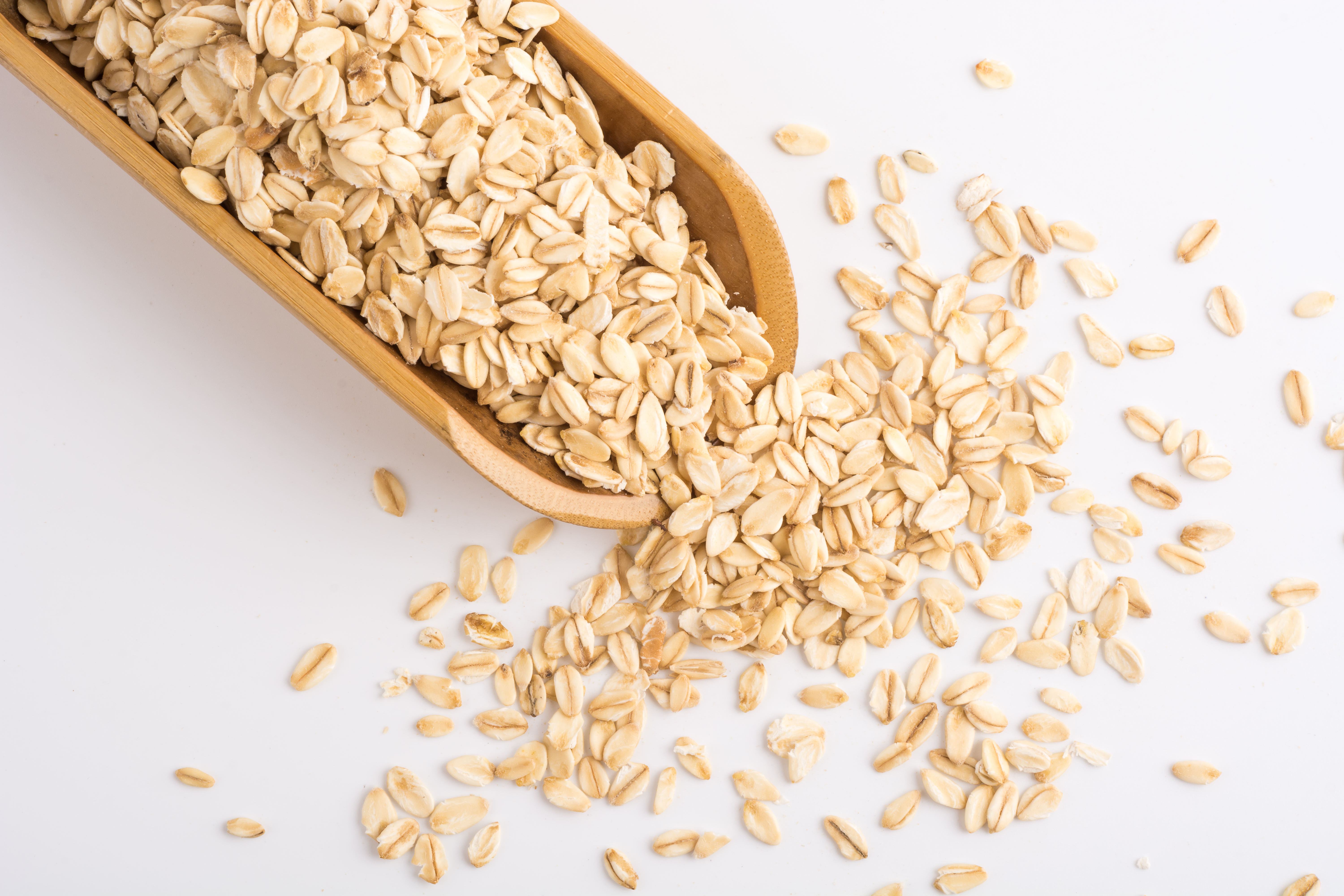How many calories do oatmeal flakes have? Check and eat wisely!

Oatmeal is a popular choice for those who prioritize a healthy, balanced diet. It’s an excellent source of protein, dietary fiber, and unsaturated fatty acids, all of which contribute positively to health and well-being. But how many calories does oatmeal contain? And does the way it’s prepared affect its calorie content? Here’s the key information about this popular breakfast cereal made from common oat grains.
Table of contents
Types of oatmeal
Before answering questions about what oatmeal contains and its calorie content, let's look at the different types. Depending on the degree of processing, there are:
- Rolled oats – the least processed, retaining a high content of soluble fiber, vitamins, and minerals; they are small and relatively quick to prepare.
- Instant oatmeal – the most processed type, produced through prolonged heat treatment; instant oats cook very quickly but have a high glycemic index and often contain added sugar and other unnecessary ingredients.
- Whole grain oats – these are whole oat grains that require longer cooking times; due to their minimal processing, they contain a large amount of valuable nutrients.
If you care about oatmeal’s health benefits, regular (whole grain) or steel-cut oats are definitely the best choice. Those with gluten intolerance can opt for gluten-free oatmeal.
Oatmeal – calories
People who watch their weight and prefer a healthy diet often wonder if oatmeal is high in calories. The calorie count on the package usually refers to dry oatmeal without any additives. In this form, 100 g of oatmeal contains about 350 kcal. However, it’s important to remember that when preparing porridge, we often add ingredients like fruit, nuts, honey, or peanut butter, which significantly affect the calorie content.
Here are some examples of the calorie content of oatmeal with additives (per 100 g):
- Oatmeal with natural yogurt – 300 kcal
- Oatmeal cooked in water – 270 kcal
- Oatmeal cooked in 2% milk – 400 kcal
- Oatmeal prepared with plant-based milk (e.g., coconut milk) – 350 kcal
When sweetened with ingredients like banana, dried fruit, or maple syrup, the calorie content can rise to 500–600 kcal.
Oatmeal - nutritional values
Despite their relatively low calorie content, oatmeal is a real treasure trove of nutrients that positively impact health.
Nutritional values of oatmeal (per 100 g):
- Protein – 13.5 g
- Carbohydrates – 59 g
- Fats – 7 g
- Vitamin B5 – 1 mg
- Vitamin K – 0.06 mg
- Vitamin E – 0.8 mg
- Potassium – 382 mg
- Zinc – 3.6 mg
- Iron – 4.4 mg
- Manganese – 4.9 mg
Oat flakes also contain a high amount of soluble fiber (9.6 g), which helps increase satiety, regulate blood sugar levels, and promote lower cholesterol.
Are oat flakes healthy?
Thanks to their high nutrient content, oat flakes are excellent for satisfying hunger, supporting intestinal health, and promoting heart health. Besides dietary fiber, vitamins, and minerals, they are a valuable source of beta-glucans. These compounds help lower cholesterol, nourish the gut microbiome, and support the proper functioning of the immune system.
In summary: oatmeal offers many benefits that make it a great addition to your daily diet. It’s an ideal alternative to cornflakes or wheat flakes that often contain added colors and large amounts of sugar. Another advantage of oatmeal is its versatility—it can be prepared sweet or savory, so you’ll never get bored of it!

